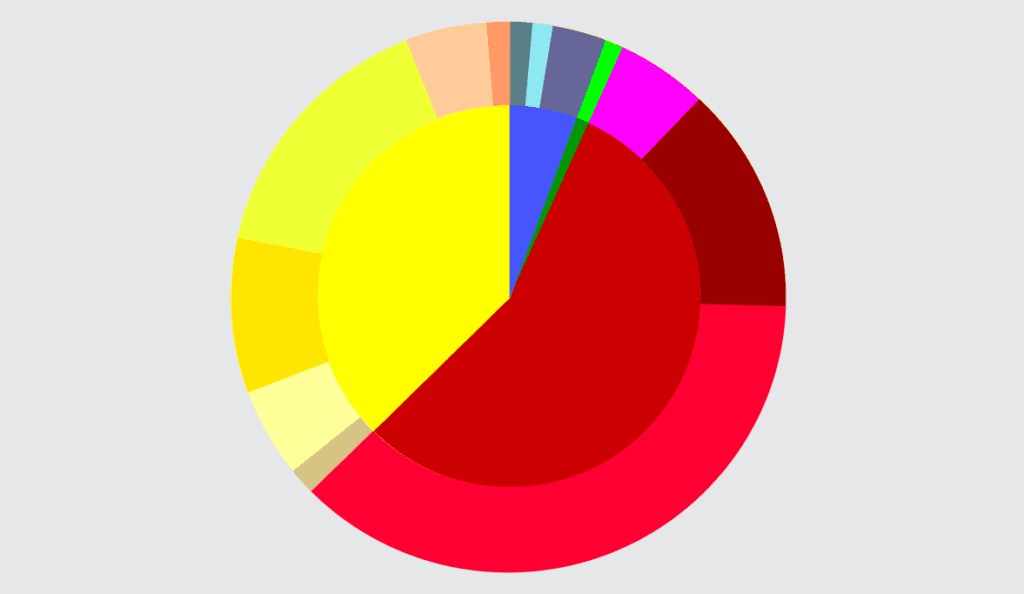Browse By Category or Search
Subscribe
"*" indicates required fields
You can unsubscribe anytime
In 2023 markets reversed their 2022 performance with strong gains across both stocks and bonds. The S&P 500, Dow, and Nasdaq all generated exceptional returns last year: 26.3%, 16.2%, and 44.7% respectively (with reinvested dividends). The S&P has come full circle and is now only a fraction of a percentage point below the all-time high from exactly two years ago. The US 10-Year Treasury yield climbed as high as 5% in October before falling to end the year around 3.9%, pushing bond prices higher in the process.
While war escalates in the Middle East, a political battle is also heating up in Washington. As of this writing, there is still no House speaker in Congress after Kevin McCarthy’s exit and Steve Scalise’s withdrawal. While a number of Republican and House votes are scheduled to attempt to resolve this leadership vacuum, there are more political hurdles on the horizon. This only complicates the market and economic environment for investors who are already navigating higher interest rates, Fed uncertainty, stock market volatility, and more.
Interest rates have swung wildly over the past two years in response to inflation, economic concerns, and market volatility. After falling as low as 3.3% earlier this year, the 10-year U.S. Treasury is now yielding around 4.2%, back to where it was roughly a year ago. However, while today’s long-term yields look similar to last year’s on paper, they are quite different from an economic and market perspective. What are interest rates telling us today and how does this impact long-term investors?
The world has been abuzz over artificial intelligence and its possible benefits and threats. These range from the practical, such as better tools for knowledge workers and ways for students to avoid writing papers, to the philosophical, including what it means to be sentient and how such an emergent phenomenon could impact human civilization. In between, there are more mundane questions around the economy and markets, especially for technology-related sectors. Given the promises and hyperbole around AI, what makes sense for long-term investors?
The federal debt limit is once again in the news as the country rapidly approaches a critical deadline on June 1st. Investors are understandably nervous about Washington failing to reach an agreement, a possibility that both sides agree would be self-inflicted damage. And while it’s unclear how this will play out in the coming weeks, the fortunate news is that financial markets are mostly taking these events in stride. How can investors maintain the right perspective around political and fiscal uncertainty?
There is an old saying that happiness equals reality minus expectations. This is particularly relevant when it comes to financial planning and investing during times of great uncertainty.








